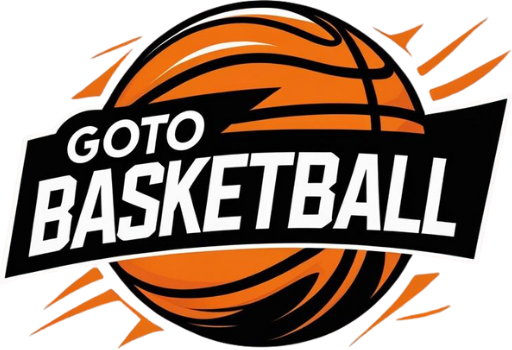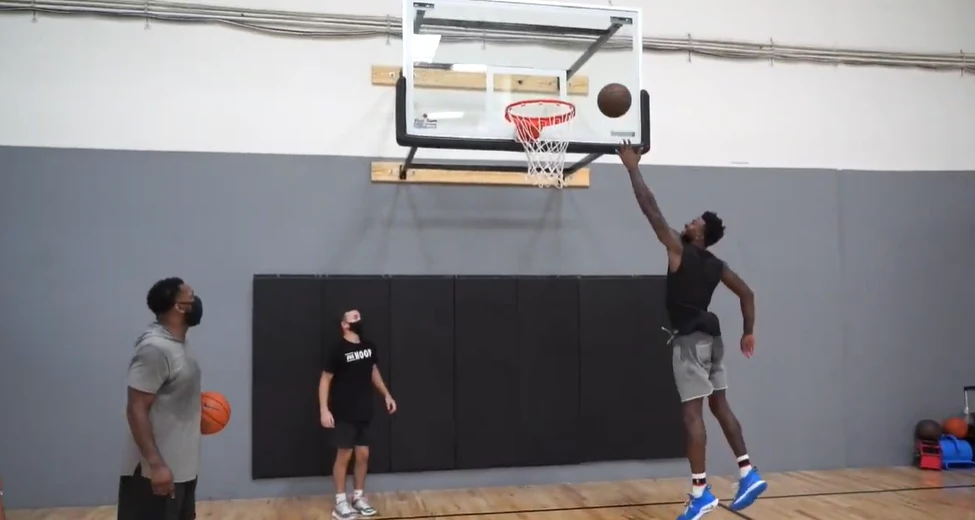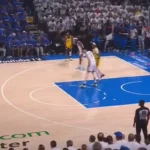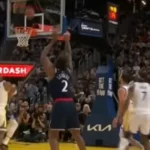The career of WNBA stars has been giving financial independence over the past decades, and it is nearly impossible to go another way and go abroad. It was a difficult reality, and the elite athletes were forced to live months without homes and families just to make ends meet in the league. But as future WNBA phenom Paige Bueckers says, such a period of mandatory globetrotting might finally be a thing of the past. With the explosion of Name, Image, and Likeness (NIL) market and the buzz about the new leagues being created domestically, now one can make a good career and even find a future with the help of the money earned by the top hoopers in the U.S. This is not only a big shift, but a revolution.
- The Overseas Imperative: A Legacy of Financial Disparity
- Stateside Solutions: Building Wealth and Career at Home
- The NIL Revolution
- Emerging Leagues Offer New Avenues
- Beyond the Paycheck: Prioritizing Well-being and Choice
- The Unfinished Fight: Advocating for Fairer WNBA Compensation
- A Paradigm Shift, But The Journey Continues
The Overseas Imperative: A Legacy of Financial Disparity
The economic reality of WNBA players has been seen as a stark one of contention. Well-known examples of legends who cross continents to augment their WNBA salaries include Sue Bird and Brittney Griner, and even Bird admitted to losing money in the WNBA. Is it possible to imagine that your life is devoted to professional sports, reaching the highest point of its success, and after that, struggling with money? This scenario is even more blatant when we compare it with the NBA, where a top rookie obtains in the range of 12.6 million, and even the final draft pick gets about 2.5 million.
Take the case of Paige Bueckers, who is the projected No. 1 in the 2025 WNBA Draft. In the prevailing Collective Bargaining Agreement (CBA), her first-year salary would be only 78,831. Such a dramatic disparity is the reason why about half of the 144 players in the WNBA have historically crossed the ocean, which offered salaries as much as four times their earnings in the WNBA. An example is Sue Bird, who has turned into a millionaire after playing in the EuroLeague in Russia. To most of them, it was not a choice but a necessity to survive, to live in order to stay alive, as Brittney Griner eloquently explained after she was imprisoned in Russia.
Stateside Solutions: Building Wealth and Career at Home
The good news is, a new ecosystem is flourishing that offers WNBA players unprecedented options to thrive without leaving home. As Paige Bueckers told Fortune, “You’re less likely to go overseas and more prone to stay in the United States, just because there’s more opportunities now.”
The NIL Revolution
Since the Supreme Court’s landmark 2021 decision, the NIL industry has exploded, now estimated at a staggering $1.67 billion this academic year. Women’s basketball players are capturing a significant piece of that pie, accounting for approximately 10.2% of total NIL compensation. This early earning potential is a game-changer. Paige Bueckers herself has leveraged this opportunity, securing lucrative deals with major brands like StockX and Gatorade, which have reportedly contributed to an estimated $1.5 million net worth. These deals allow student-athletes to begin building wealth long before their professional careers even officially begin.
Emerging Leagues Offer New Avenues
Beyond NIL, innovative new leagues are providing substantial earning potential and competitive play right here in the U.S.
- Unrivaled: Founded by WNBA champions Napheesa Collier and Breanna Stewart, this dynamic 3-on-3 league offers its athletes an impressive average salary of $220,000. Recently, Unrivaled secured a fresh round of funding, pushing its valuation to $340 million, with even Serena Williams’ Serena Ventures investing in its future.
- Athletes Unlimited: Launched in 2020, this 5-on-5 league has quickly attracted WNBA champions like Alysha Clark and Sydney Colson. It boasts a substantial $500,000 prize bonus for its four-week season, providing another compelling domestic alternative.
These leagues are not just about supplementary income; they represent credible, high-paying career paths that keep players rooted in the U.S.
Beyond the Paycheck: Prioritizing Well-being and Choice
The benefits of staying stateside extend far beyond financial gain. Less international travel significantly reduces injury risks stemming from fatigue, allowing players to perform at their peak more consistently. Moreover, the terrifying 10-month detention of Brittney Griner in Russia serves as a stark reminder of the immense personal and political risks that often accompany overseas play, particularly for those who felt compelled to go for financial reasons.
Now, players truly have a choice. If they desire the experience of playing internationally, that option remains available. However, it’s no longer a grim financial obligation. This newfound autonomy is an enormous victory for player well-being, mental health, and overall peace of mind.
The Unfinished Fight: Advocating for Fairer WNBA Compensation
Alongside this incredible advance in outward possibilities, there is also important work to be carried out within the WNBA itself. Players are still struggling to have their salaries increased and a fairer portion of the league income. In the existing contract, where termination occurs in 2025, the share that players receive of WNBA basketball-related income is only 20 percent-25 percent, as opposed to that of NBA players, which is nearer to 50 percent.
There has been an ardent plea by legends such as Diana Taurasi that the salaries in the WNBA ought to reach a million. The push to have better CBA negotiations was powerfully underscored by the shirts worn by many players, including Paige Bueckers at the last July 2021 at the All-Star game, which bore the motto, Pay Us What You Owe Us. Although the WNBA Commissioner Cathy Engelbert is optimistic about the growth of salaries, the way to a profitable state of its owners, the new investments in the form of the $25 million annual charter program, the message of the players is evident. With the game expanding, and the W expanding its gains by our expansion, we should simply share in that pie, as Paige Bueckers so eloquently puts it, we should just be getting a slice of that pie. It is a feeling of which not many can be really doubtful.
A Paradigm Shift, But The Journey Continues
It is a paradigm shift in the professional basketball of women. The great talent and effort of these athletes has remained underappreciated, and they have been put into such situations to make a living that are not sustainable. It has not only to do with the growth of NIL and innovative new leagues; it has to do with empowerment, safety, and basic respect. It gives players such as Paige Bueckers the opportunity to focus on their trade and their influence without having to worry about the incessant financial strain to move their lives.
As these are important steps in agency and opportunity for players, the struggle for fair pay in the WNBA holds foremost. These players are clearly propelling a massive increase and passion to the league, and they definitely deserve a bigger portion of that success. The talent, interest, and unquestionable entertainment that the WNBA offers are going to new heights, and it is time to make the compensation structure actually embody that. This is a huge stride towards a new age of financial freedom for WNBA stars, yet it is but one piece of a bigger, moving trend towards real fairness and recognition of women in sport.





